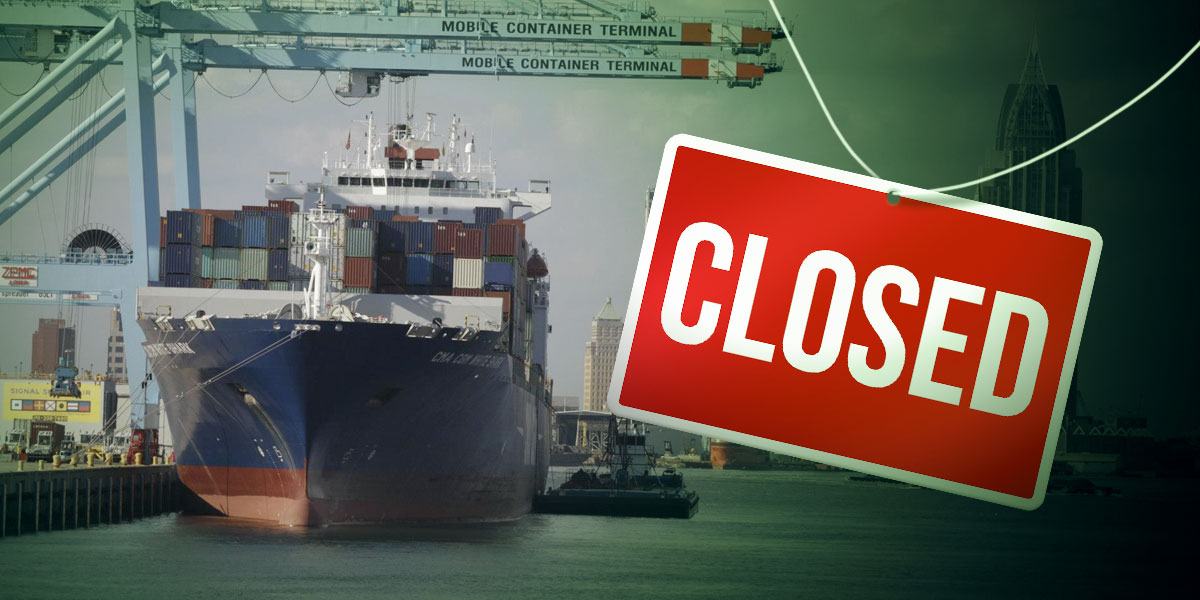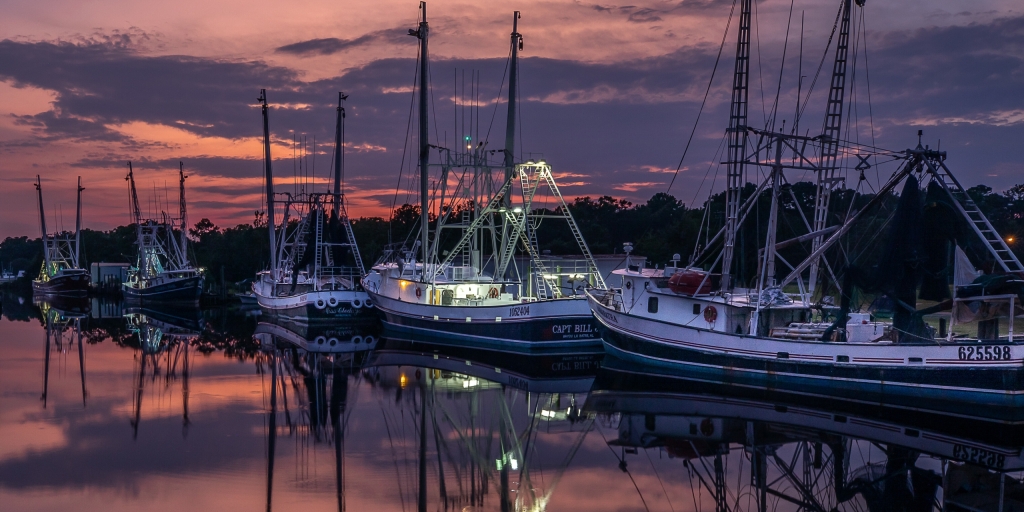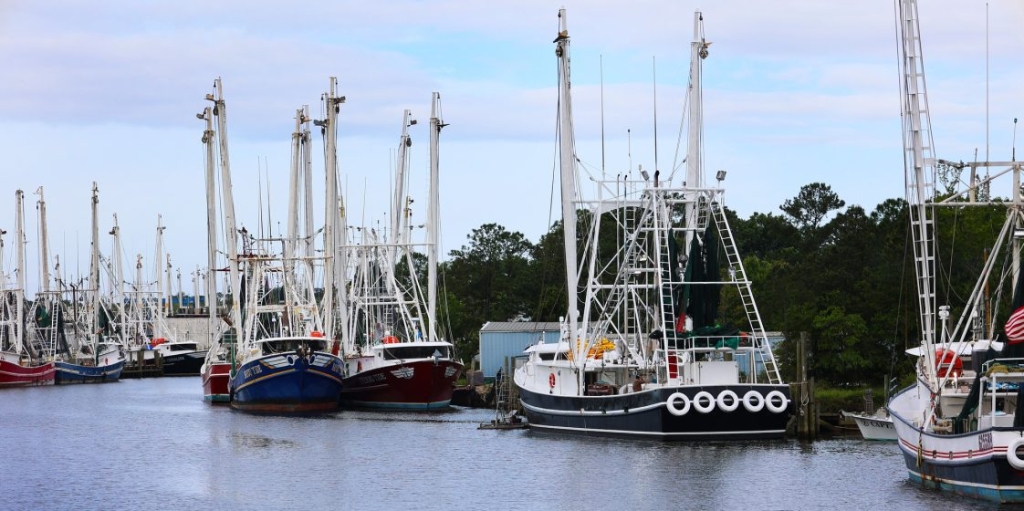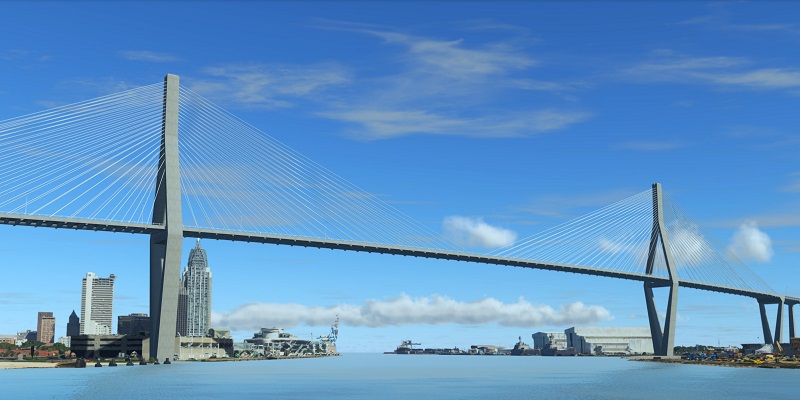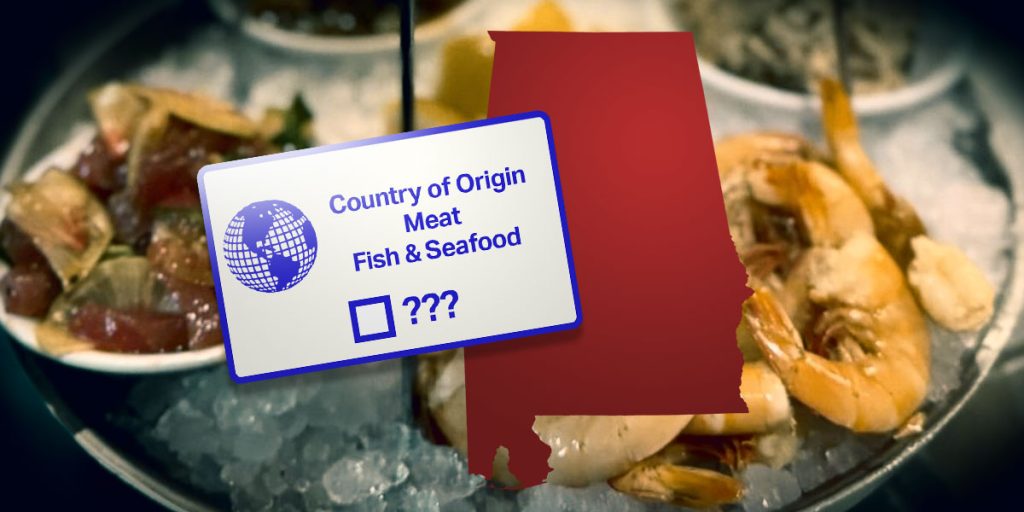Officials along the Gulf Coast are warning against a potential move by the federal government to hang a “closed for business” sign on ports.
A regulation under consideration by the National Oceanic Atmospheric Association (NOAA) could impose regulations on navigable waters to restrict nighttime water travel to 10 knots within waters that are 100 to 400 meters deep.
Representatives from the Port of Mobile said the restrictions would result in large financial losses. The facility handles 55 million tons of domestic and international cargo annually with an $85 billion economic impact in Alabama.
RELATED: Port of Mobile holds $85B in statewide economic impact
A nighttime shutdown would also force cargo to become stagnant, which would harm businesses of all sizes that ship and receive goods through the Port of Mobile, they said.
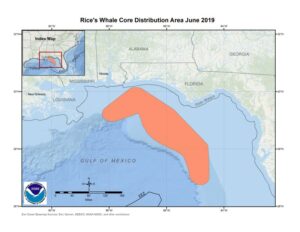
“Literally every moment of every day shipping operations are taking place at our state docks, and any pause hurts our state’s economy and adversely affects the job of every Alabamian who works in the industry,” said State Rep. Chip Brown (R-Hollinger’s Island)
Brown is chairman of the Ports, Waterways & Intermodal Transit Committee in the Alabama House of Representatives.
“Alabama has spent millions of dollars to upgrade and improve our state docks and make them the finest facility on the Gulf coast, but now the federal government plans to forbid nighttime shipping operations because whales swim in the water.”
RELATED: Rep. Brown: A strong port makes a strong Alabama
He said he plans to work with Alabama’s congressional delegation to scuttle the planned restrictions and ensure operations at the port can continue unabated.
Florida’s Ports Council also said it would be damaged by the proposed rule using strong terms in a letter to NOAA, saying the proposal “calls into question whether this proposal is based on something other than scientific data.”
There are signs of hope the proposed restrictions will not go into effect, however.
Congress placed all agencies of the federal government on a six-year wait to enact any new regulations to protect North Atlantic right whales. While that stopgap doesn’t apply to Rice’s whales in the gulf, the Biden administration rejected a similar petition from the environmentalist group Oceana.
Brown said he cautions the public to see through political attempts to stifle business.
“The fact that the Biden administration and the NOAA are eager to bow to the demands of a handful of environmental leftists represents government overreach and liberal extremism at its worst,” Brown said. “Every few years the radical environmentalists attack the business sector by manufacturing a false crisis, and this is simply their latest attempt.”
Grayson Everett is a staff writer for Yellowhammer News. You can follow him on Twitter @Grayson270




